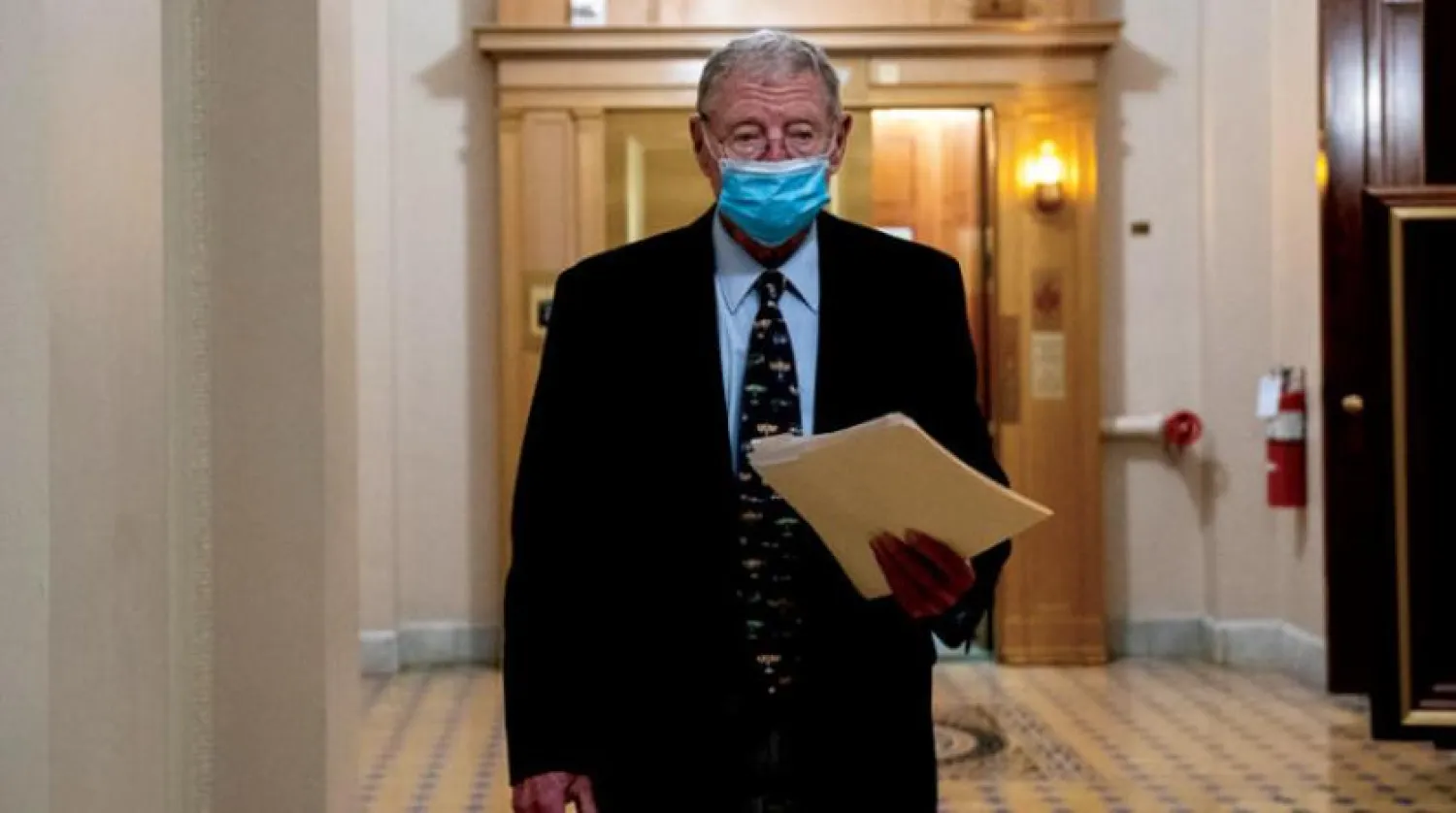A number of Republican senators sent a letter to President Joe Biden underscoring their policy on addressing challenges posed by Iran.
US Senators Jim Inhofe, Jim Risch, Marco Rubio, Pat Toomey and Rob Portman signed the letter which stressed that Iran was testing the new US administration.
It is appropriate to note that the Iranians have started to test your administration and “push the envelope” to probe your tolerance for their malevolence, the Senators told Biden, citing the recent missile attacks against a US installation in Iraq.
They pointed out that their strategic aim is to halt the Iranian regime’s nuclear ambitions and end its destabilizing activities in the region and beyond.
The Senators stressed that the United States should not rejoin the 2015 Joint Comprehensive Plan of Action (JCPOA) since it “remains riddled with problems, including arbitrary sunsets.”
In addition to the expired conventional weapons and ballistic missile bans, the original deal contained arbitrary dates that provide Iran with additional sanctions relief, trigger the United Nations (UN) to lift missile restrictions.
“Any future agreement must contain these bans and ensure they are long enough to guarantee Iran will not use these tools to threaten its neighbors.”
The scope of any agreement with Iran must address the full range of Iranian conduct, including regional terrorism, ballistic missiles, and the detention of US nationals, they said.
“It comes as no surprise that Iran’s proxies support Assad’s ongoing atrocities in Syria, attack our troops and diplomats in Iraq, have driven Lebanon to the brink of collapse, threaten our Israeli and Gulf partners, and contribute to the world’s largest humanitarian disaster in Yemen.”
Despite criticism of the “maximum pressure” campaign, there is no denying that it has inflicted a cost on Iran for its malign activities and now presents your administration with leverage to obtain a better deal from Iran.
They warned that Iran can’t be trusted to honor its commitments, noting that addressing ballistic missiles and regional terrorism on follow-on agreements risks repeating the mistakes of the JCPOA, after which these promised agreements failed to materialize.
Commenting on the sanctions issue, they said if the United States provides financial relief in return for commitments associated with Iran’s nuclear program, it is highly unlikely that the United States will have sufficient leverage for follow-on agreements. “These issues must be addressed simultaneously.”
The senators further urged Biden not to submit to artificial urgency or deadlines but should take a measured and deliberate approach with Iran.
“There are those that point to recent Iranian nuclear advances and the regime’s pending elections as reasons to act quickly.”
“We should not reward Iranian nuclear non-compliance, as alarming as it is, by rushing to accept another flawed agreement,” they warned.
Regardless of the election’s outcome, any agreement will need to pass through Iran’s Supreme Leader Ali Khamenei.
“To be successful, any negotiation with Iran should be combined with efforts to expand the Abraham Accords, ensure sufficient US deterrence in the region against further attacks, continue to build partner capacity to address the Iranian threat, support reforms that reinforce regional sovereignty and explore multilateral security arrangements built around like-minded partners,” the letter read.
The senators added that the White House should engage Congress, Israel and America’s Gulf partners while formulating its Iran policy.
Congressional buy-in will ensure that a future agreement has the longevity to survive successive administrations.
“The failure of the Obama Administration to secure bipartisan consensus behind the JCPOA doomed the deal when a Republican became president.”
According to the letter, Israeli and Gulf views must be central to the administration’s approach, and the administration must take into account the very real concerns of those that actually live under the shadow of the Iranian threat.
“In all of these cases, consultations must be more than perfunctory. They must be formal, extensive, and responsive to stakeholders.”
They concluded that Iran poses a serious threat to US national security and the security of its allies and partners around the world.
“As your administration develops its approach to Iran, it has an opportunity to establish a measured timeline, build critical consensus and ensure that any future agreement addresses vital US national security interests and survives the next change in administration,” they told Biden.









